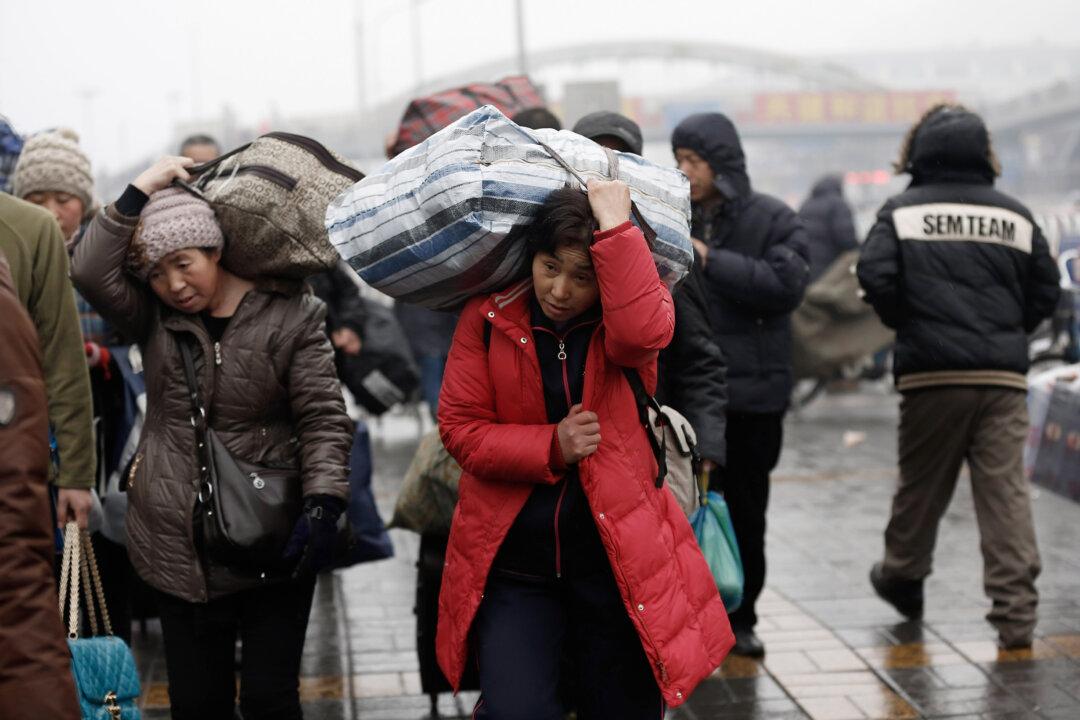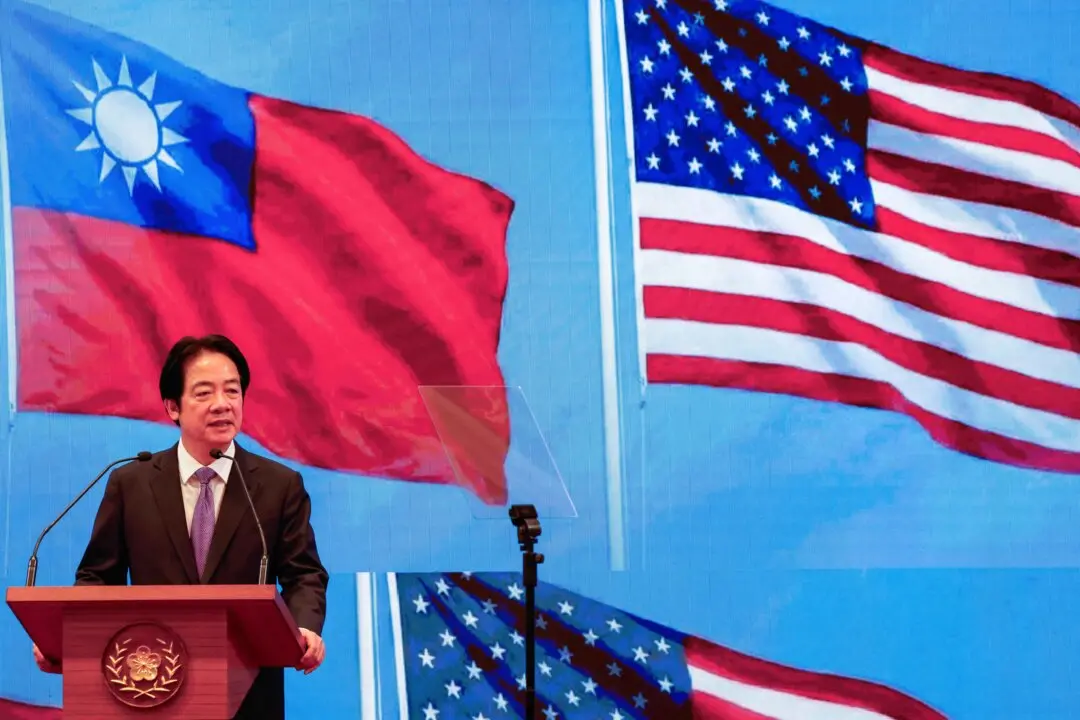Millions of Chinese citizens will be given a kind of grudging reprieve from the disabling lack of legal status they have suffered under the “hukou” or household registration system. The current household registration system will be replaced, according to a plan announced on Feb. 15 by the Ministry of Public Security.
The temporary residence permits granted migrant workers will be scrapped in favor of permanent resident permits, which will allow immigrants from outside a particular city to receive benefits on a pro-rated basis. The longer an immigrant has lived in the city, the more social services the immigrant would be entitled to.
The resident permit itself is illegal.
, lawyer in China




